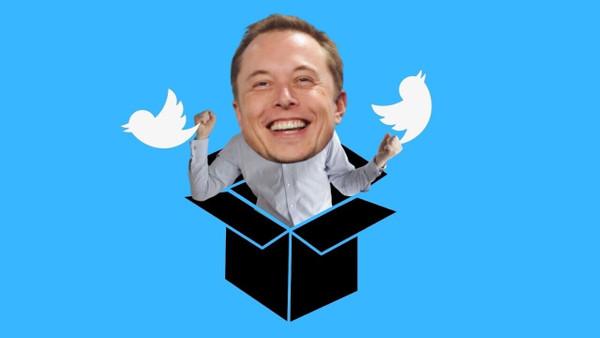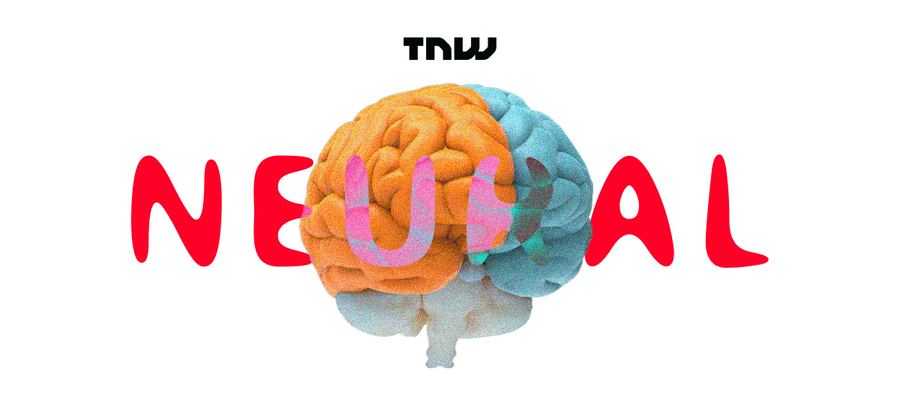Open-sourcing Twitter's algorithms is more complex than Musk implies
Curated from: thenextweb.com
Ideas, facts & insights covering these topics:
5 ideas
·135 reads
3
Explore the World's Best Ideas
Join today and uncover 100+ curated journeys from 50+ topics. Unlock access to our mobile app with extensive features.
Of all the grand ideas that Elon Musk has for Twitter, the one that he’s pitched most fervently is making the platform’s algorithms open source.
The Tesla tycoon proposed the plan before his buyout bid was disclosed, reiterated it the day his offer was revealed, and pitched it once again after Twitter agreed to the deal.
5
36 reads
Musk argued that disclosing what amplifies or downranks tweets would reduce the risk of “behind the scenes manipulation.”
The approach has won support from some transparency advocates and critics of Twitter’s content moderation. They argue that the move will reveal how Twitter determines what you see on your timeline — and what you don’t.
5
30 reads
“These concerns have been rampant with Google and Facebook. This open-sourcing move could be game-changing for social media overall.”
Skeptics, however, have questioned the plan’s feasibility. They note that Twitter is comprised of various feeds, from the Trending section to your Home timeline, each of which is controlled by a complex mix of recommendation systems and human decisions.
5
26 reads
Another issue is that algorithms alone offer limited insights.
There are various other factors behind a tweet’s ranking. They include content that enters the platform, each user’s profile, the algorithms’ training data, moderation rules, and the code that trained the models.
These constitute an enormous pool of data, which would be tough to trawl through and costly to disseminate.
5
24 reads
Further complexities arise from the mutability of the system.
“Typically, recommender models get re-trained pretty often and will keep changing over time,” Bindu Reddy, CEO and co-founder of Abacus.AI , an artificial intelligence startup, told TNW.
“While it is possible to release all trained models as well on an ongoing basis, it won’t be very useful either unless you understand exactly what inputs and outputs go into the model for predictions.”
6
19 reads
IDEAS CURATED BY
Decebal Dobrica's ideas are part of this journey:
Learn more about product with this collection
How to focus on the present moment
How to cultivate empathy and understanding towards others
How to set personal and professional goals
Related collections
Similar ideas
8 ideas
4 ideas
Twitter's Recommendation Algorithm
blog.twitter.com
11 ideas
Social Media Networks are Coming to the Blockchain
hackernoon.com
Read & Learn
20x Faster
without
deepstash
with
deepstash
with
deepstash
Personalized microlearning
—
100+ Learning Journeys
—
Access to 200,000+ ideas
—
Access to the mobile app
—
Unlimited idea saving
—
—
Unlimited history
—
—
Unlimited listening to ideas
—
—
Downloading & offline access
—
—
Supercharge your mind with one idea per day
Enter your email and spend 1 minute every day to learn something new.
I agree to receive email updates

